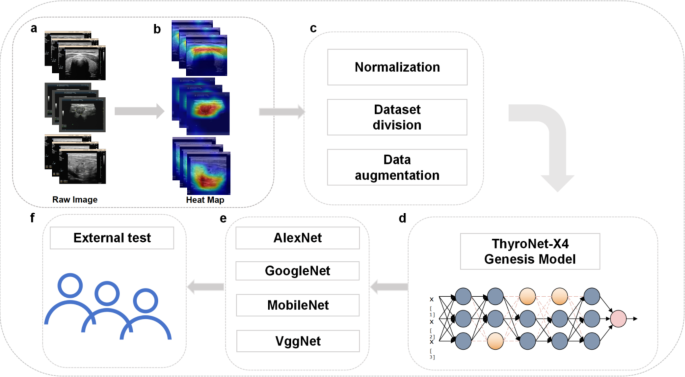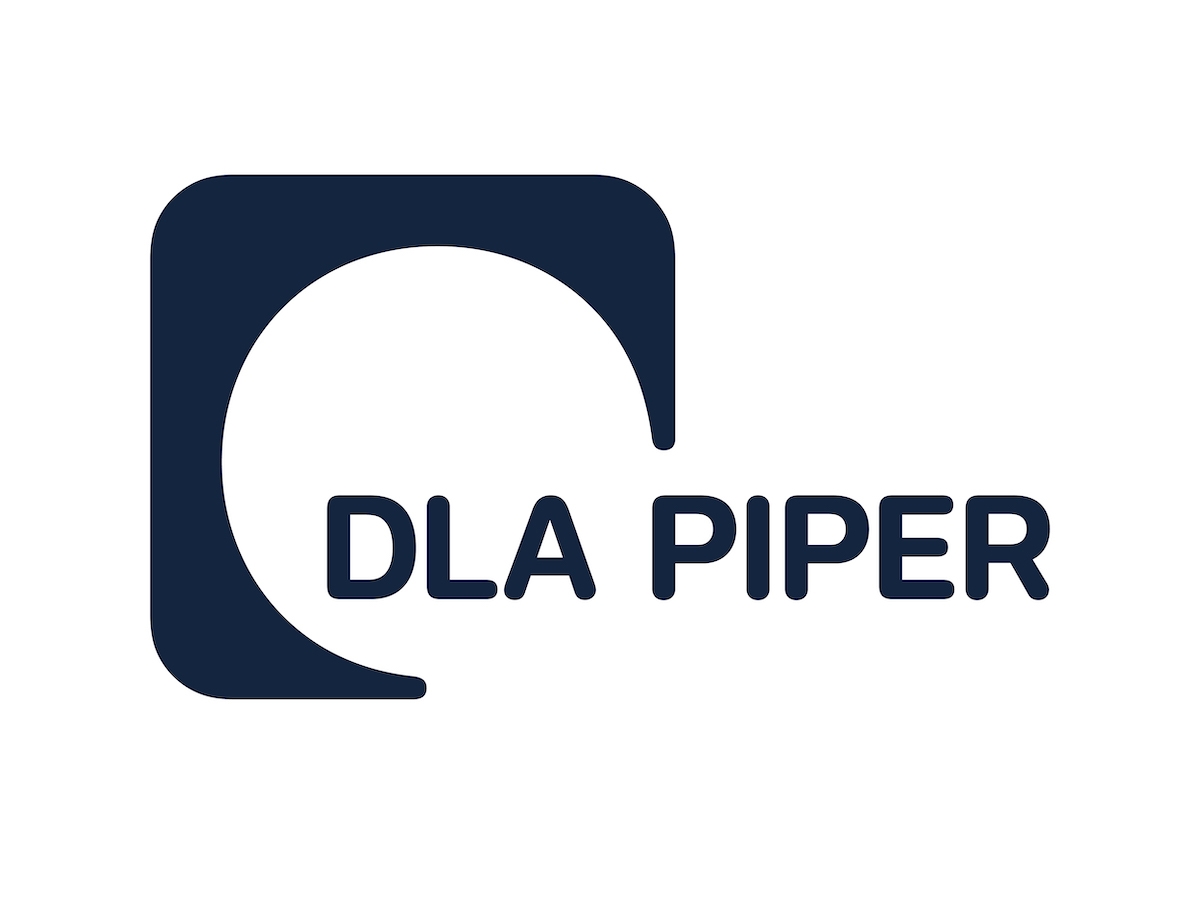Introduction Thyroid nodules are defined as space-occupying lesions within the thyroid gland that can be detected through imaging studies, differentiated from the surrounding thyroid tissue. These nodules can be benign or malignant, and according to recent epidemiological studies, up to 60% of the population have thyroid nodules1, with a malignancy rate of approximately 1–5%2. Further

Elham Tabassi to join Brookings as the new Director of Artificial Intelligence and Emerging …
News Release
January 30, 2025
Washington DC – The Brookings Institution is pleased to announce the appointment of Elham Tabassi as the new director of the institution-wide Artificial Intelligence & Emerging Technology (AIET) Initiative. She will also serve as a senior fellow in the Global Economy and Development research program.
Tabassi joins Brookings following a distinguished career at the National Institute for Standards and Technology (NIST), where she served as the NIST chief AI advisor and led the creation of its AI Innovation Lab in 2018. Tabassi has more than 25 years of civil service, serving under both Democratic and Republican administrations leading policy and standards development initiatives on AI, machine learning, and computer vision systems. Among her many notable achievements at NIST, she was the lead author of its widely adopted AI Risk Management Framework, invented an algorithm for fingerprint image quality assessment that is now a global standard, and served as the first U.S. federal AI standards coordinator. In 2023, TIME named her one of the 100 most influential people in AI.
“Elham’s deep expertise and strong reputation among policymakers, researchers, and AI developers make her the ideal leader for this initiative,” said Cecilia Rouse, president of the Brookings Institution. “The rapid acceleration of AI and other emerging technologies demands timely policy research and action. I am confident that Elham will not only produce top-quality scholarship but also strengthen Brookings’ ability to help decisionmakers build a safer, more secure, and trustworthy future.”
Outside of NIST, she also served as a member of the National AI Research Resource Task Force, co-chaired the National Science and Technology Council’s Machine Learning and AI Subcommittee, served as vice chair of The Organization for Economic Cooperation and Development (OECD)’s Working Party on AI Governance, and managed the work of the National AI Advisory Committee. She has not only been a visionary leader within her agency, but also represented the United States in international conversations on AI governance and played a key role in developing a plan and coordination process for AI standards across the federal government.
Tabassi holds a Master of Science in Electrical and Electronics Engineering from Santa Clara University and a Bachelor’s degree in Electrical Engineering from Sharif University of Technology.
“What excites me most is the opportunity to combine my technical expertise with strategic foresight to guide AI-related research and policy initiatives at Brookings,” said Tabassi. “From advancing the responsible development and use of AI to crafting frameworks for AI governance, I look forward to supporting research that drives both technological progress and positive impact on the world.”
The Brookings AIET Initiative was established in 2018 to advance good governance of transformative new technologies by producing rigorous research and bringing together leaders from across the technology and policy communities. From the future of work and distribution of opportunity in an AI-dominated world to the global governance of technology and navigating a shifting geopolitical landscape, the AIET Initiative brings Brookings’ full breadth of expertise to promote effective solutions to the most pressing challenges posed by AI and emerging technology.
Tabassi will begin her tenure at Brookings on March 10, 2025.
About Brookings
The Brookings Institution is a nonprofit organization based in Washington, D.C. Our mission is to conduct in-depth, nonpartisan research to improve policy and governance at local, national, and global levels.



